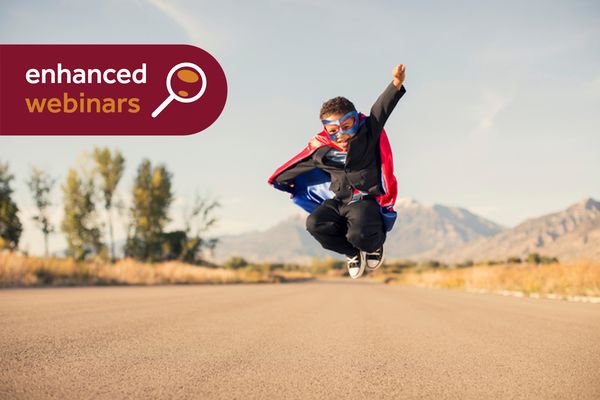how mentoring can benefit your career
Are you thinking about enlisting the help of a mentor? From tapping into expert advice and support and discovering your strengths and areas for development, to obtaining an objective viewpoint, mentoring has a lot to offer. We reveal all in this article.
View more






